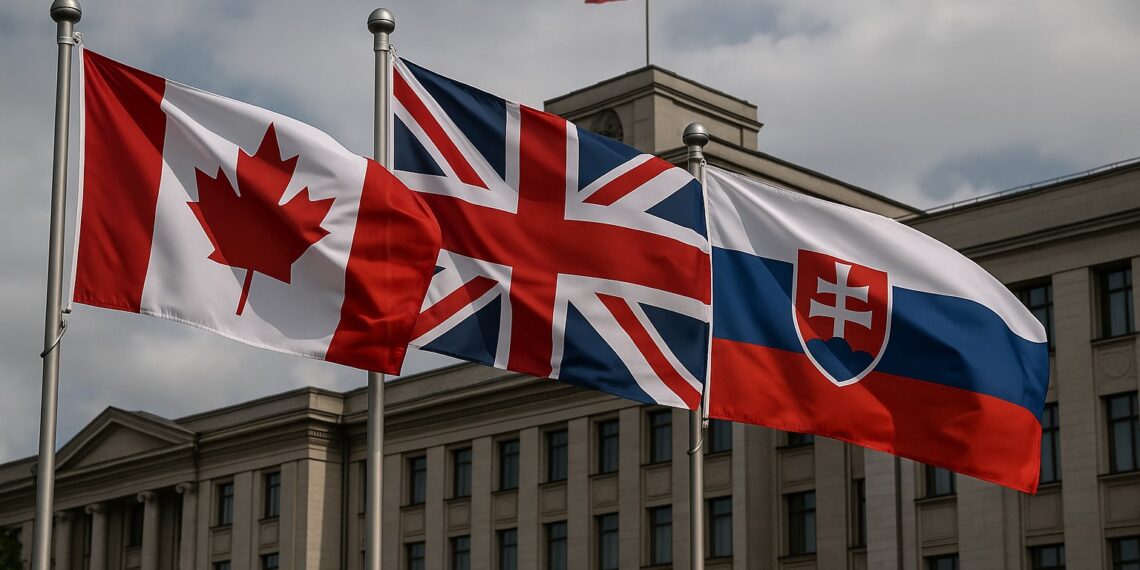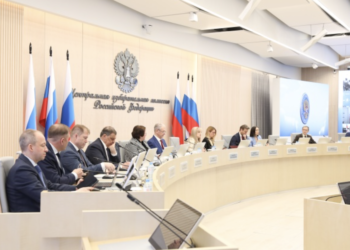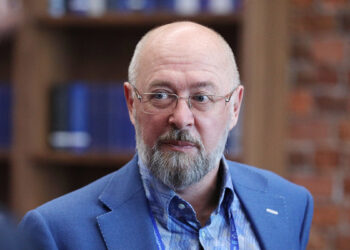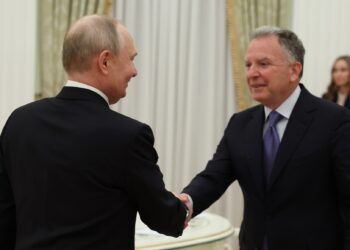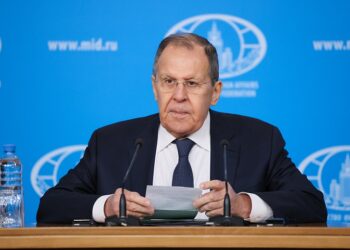MOSCOW (Realist English). A new report released on June 18 by Russia’s Center for the Protection of Sovereignty accuses Western countries of continued efforts to interfere in the internal affairs of sovereign states, particularly those seeking to strengthen national legislation on foreign influence and traditional values.
The report covers developments between June 10 and 16, citing coordinated criticism from the UK, Canada, Iceland, and Liechtenstein, which condemned Georgia’s recently adopted foreign agents law. According to Russian officials, the legislation is modeled on the U.S. Foreign Agents Registration Act (FARA) but has nonetheless drawn international censure.
On June 13, the report notes, the Parliamentary Assembly of the Council of Europe (PACE) called on Slovakia to reject proposed constitutional amendments banning adoption by same-sex couples and other measures aimed at reinforcing traditional values. Russian authorities view such actions as external pressure on countries asserting national identity.
Domestically, Russia is moving to further tighten its own foreign agent regulations. On June 17, the State Duma passed in final reading a bill introducing new administrative penalties for failing to comply with Ministry of Justice requirements, including steeper fines for violations of mandatory labeling rules for foreign agents.
The tone of parliamentary debate, according to observers, indicates that further legislative tightening is likely.
Duma Speaker Vyacheslav Volodin emphasized that Russia’s legal framework for foreign agents remains “one of the most lenient in the world,” especially when compared to international counterparts. Meanwhile, Vasily Piskarev, chair of the Duma commission investigating foreign interference, pointed out that U.S., Australian, and British legal systems impose much harsher criminal penalties on foreign agents.
Piskarev also confirmed that work is underway on further amendments to increase accountability and strengthen control mechanisms over entities acting under foreign influence.
This statement is part of the publicly available segment of an ongoing CPS monitoring program on foreign interference in domestic affairs.


